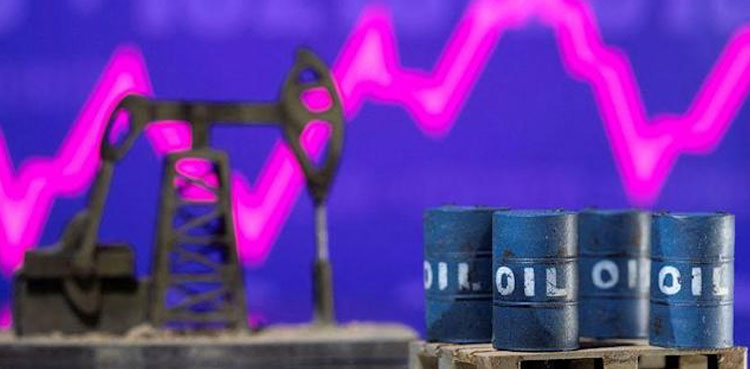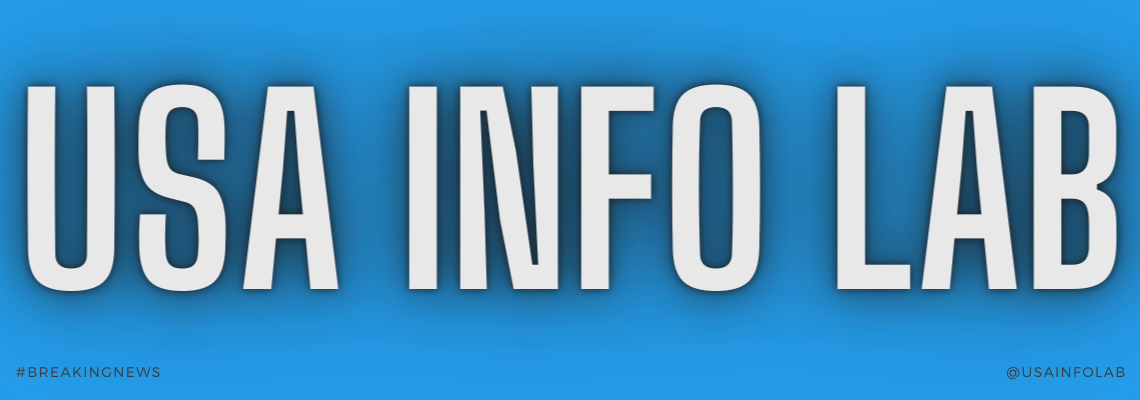
Crude prices edged up about 1% on Thursday after dropping to a seven-month low in the prior session as some technical traders bought the dip and Russia threatened to halt oil and gas exports to some buyers.
That price increase came despite a surprise build in U.S. crude inventories, news that the United States was weighing the need for more crude releases from strategic reserves and concerns China’s COVID-19 lockdown extensions and rising global interest rates would slow economic activity and hit fuel demand.
U.S. crude stockpiles surged by nearly 9 million barrels last week due to a combination of increased imports and ongoing releases from government emergency reserves, the Energy Information Administration said.
The hefty build compares with the 250,000-barrel draw analysts forecast in a Reuters poll and data from American Petroleum Institute (API) industry group showing a 3.6 million barrel increase.
“Most of that oil in that build came from the Strategic Petroleum Reserve. The quicker we empty out the SPR, the bigger the draws are going to be in the future,” said Phil Flynn, an analyst at Price Futures Group.
U.S. Energy Secretary Jennifer Granholm said Joe Biden’s administration was weighing the need for further releases of crude oil from the nation’s emergency stockpiles. read more
Brent futures rose $1.15, or 1.3%, to settle at $89.15 a barrel, while U.S. West Texas Intermediate (WTI) crude rose $1.60, or 2.0%, to settle at $83.54.
On Wednesday, both benchmarks dropped more than 5% to close at their lowest levels since mid-to-late January, putting WTI into technically oversold territory for the first time in a month.
“Today’s advance … appears motivated mainly by an oversold technical condition that allowed the complex to shrug off a seemingly bearish crude stock build per the EIA,” analysts at energy consulting firm Ritterbusch and Associates said.
Prices also drew support from Russian President Vladimir Putin’s threat to halt oil and gas exports if price caps are imposed by European buyers. read more
The European Union proposed capping Russian gas prices, raising the risk of rationing this winter if Moscow carries out its threat. Russia’s Gazprom (GAZP.MM) has already halted flows from the Nord Stream 1 gas pipeline.
Belgium’s energy minister proposed a cap on wholesale gas prices rather than just Russian imports. read more
Britain said it will cap consumer energy bills for two years. read more
Concerns about the health of the global economy and expectations of falling fuel demand led to sharp oil price falls in the previous session.
China’s Chengdu extended a lockdown for a majority of its more than 21 million residents to prevent further transmission of COVID-19. read more
The European Central Bank (ECB) raised its key interest rates by an unprecedented 75 basis points and signalled further hikes, prioritising the fight against inflation even as the bloc’s economy is heading for a likely winter recession. read more
U.S. Federal Reserve Chairman Jerome Powell said the central bank is “strongly committed” to bringing down inflation and needs to keep going until it gets the job done. read more
Also Read: Oil prices fall 3% on recession fears
“Energy traders have mostly priced in the Chinese COVID shutdowns and demand concerns from aggressive tightening signals by the ECB and Fed,” said Edward Moya, senior market analyst at data and analytics firm OANDA.
from International News Today - Breaking News, US News, World News https://ift.tt/gbS8f9v https://ift.tt/f49rz2i

No comments:
Post a Comment